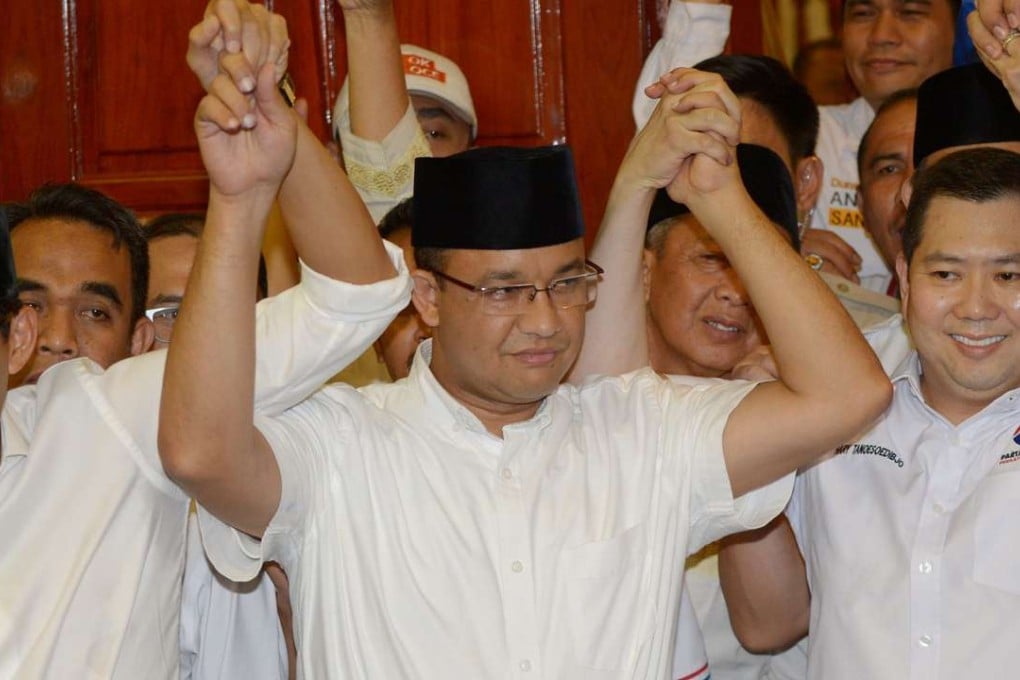What if Ahok’s loss in the Jakarta election wasn’t all about Islam and anti-Chinese feeling?
The district of Tebet tells a different story to the mainstream poll narrative

Tebet is also one of the last redoubts of the Betawi, the city’s staunchly conservative original inhabitants, who were among the area’s first settlers.
Back in the early 1960s, thousands more Betawi were relocated there from Senayan district, where then president Sukarno set out to build a sports hub.
Half a century ago Tebet was a hilly, poor, isolated and wooded area. Since then, apart from the odd patch of parkland, it has filled up. Some 200,000 people now live in an area of just under 10 sq km.
With only a handful of high-rise buildings, Tebet is a maze of streets, lanes and tiny walkways and at rush hour the traffic – from gleaming sedans to delivery trucks, motorised rickshaws and motorbike taxis – is nigh on impenetrable.